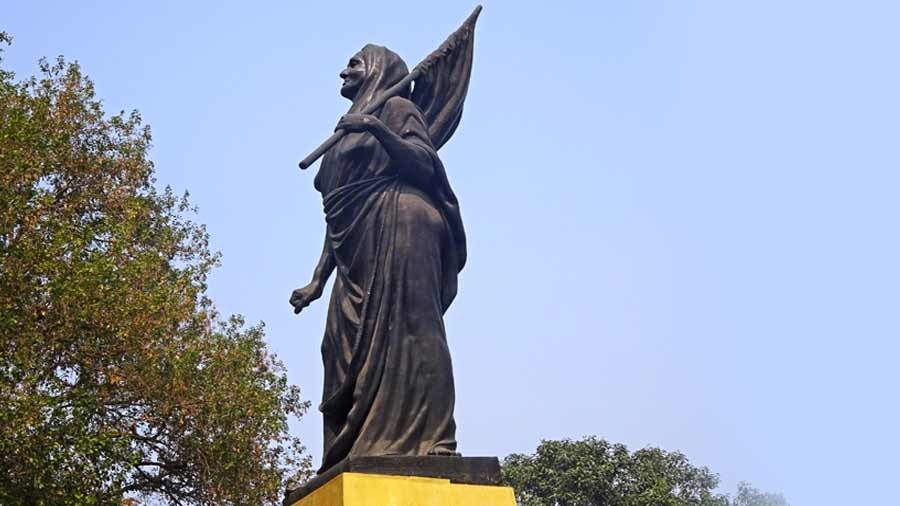Whenever we read about the India’s freedom struggle, as a child or as an adult, we are flooded with names of male freedom fighters. We, as a nation or individually, rarely pause to remember the women who resisted the traditional roles society set for them and fought side-by-side with men. Here, we look back at some of the many women from Bengal who revolted, rebelled and rose up against the Raj.
Begum Rokeya Sakhawat Hossain
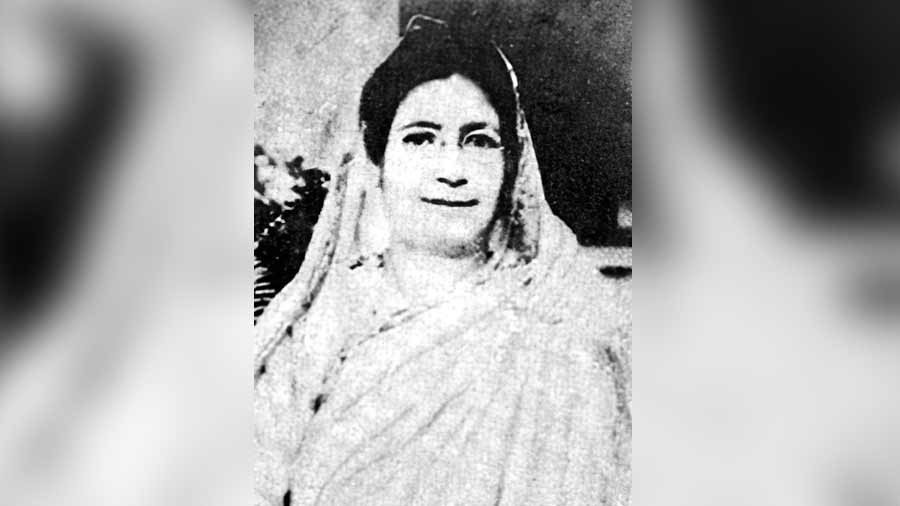
Begum Rokeya was a pioneer of the women’s liberation movement in South Asia
Among the first feminist icons of Bengal, Begum Rokeya was a thinker, writer, educator and political activist during the British Raj. She was a pioneer of the women’s liberation movement in South Asia. A firm believer in equality for women, Begum Rokeya spent her life educating girls to make them self-sufficient and independent.
All her works were based on feminist ideas and revolved around the struggles of women in society. Be it a collection of her essays on feminism (Motichur) or an expose of the purdah system (The Secluded Ones), Begum spent her life fighting societal norms. So, it’s no surprise that she featured on the list of the top 20 greatest Bengalis by BBC Bangla Language Service.
Buy Motichur: Sultana's Dream and Other Writings of Rokeya Sakhawat Hossain here.
Pritilata Waddedar
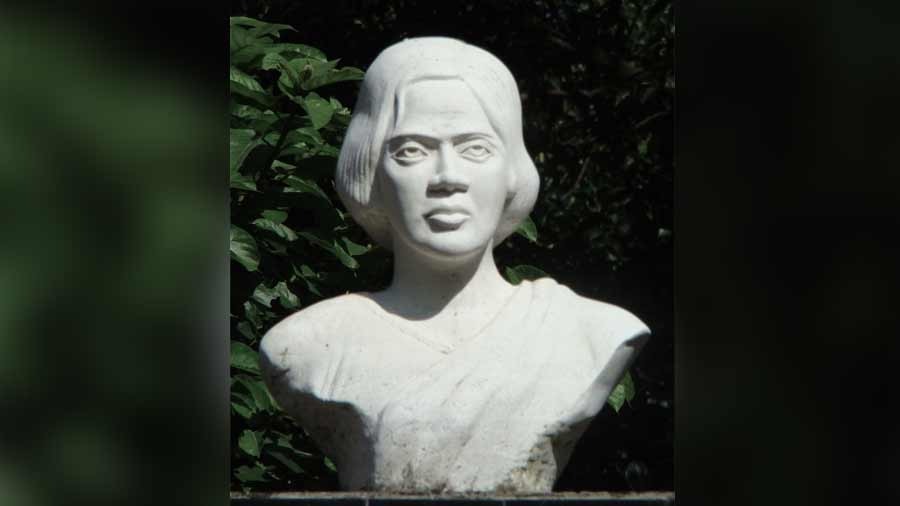
A bust of Pritilata Waddedar in Chittagong Swomitra
A student of philosophy at Bethune College and a firm believer of men and women being equals in the struggle for independence, Pritilata became a part of revolutionary Surya Sen’s group — although she wasn’t initially welcome.
It didn’t take her long to prove her devotion to the cause as well as her valour when faced with danger. Popularly described as “a beacon of light for women”, she led the shootout at the Pahartali European Club in Chittagong. Unable to escape after being injured, she swallowed a cyanide tablet to protect her fellow revolutionaries and to avoid capture. She was only 21 years old. The 2010 movie by Ashutosh Gowariker, Khelein Hum Jee Jaan Sey, captured this moment.
Vina Mazumdar
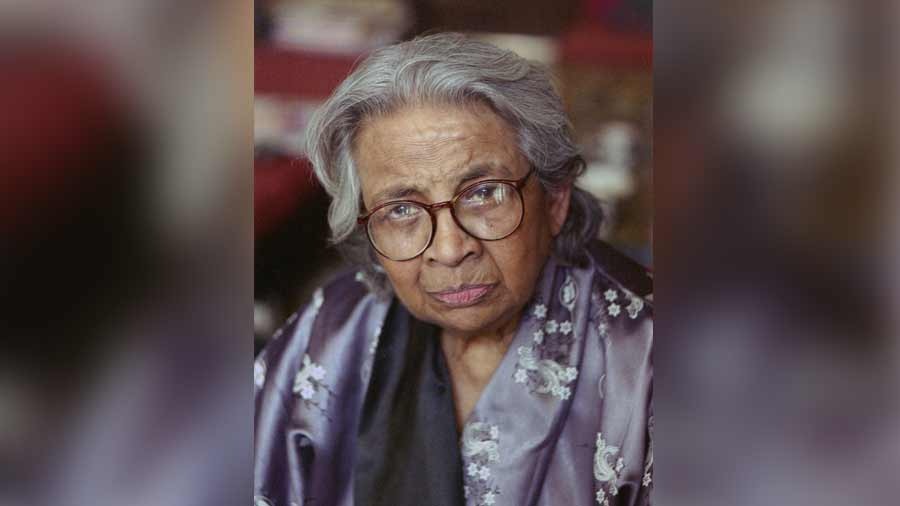
Vina Mazumdar belonged to the last generation of women who witnessed India transitioning to a free country Payasam (Mukul Dube)
Describing herself as a “feminist, trouble-maker and recorder and chronicler of the Indian Woman’s Movement” in her book, Memories of a Rolling Stone, Vina Mazumdar was the secretary of the first Committee on the Status of Women in India post-Independence. She belonged to the last generation of women who witnessed India transitioning to a free country and the simultaneous rise of feminism in India.
She believed that educating women was the first and most important step in empowering them. She helped bridge the gap between academics and the women’s movement and was a pioneer in changing Hindu inheritance rights so that women were also included in the inheritance of property.
Buy Memories of a Rolling Stone here.
Nanibala Devi
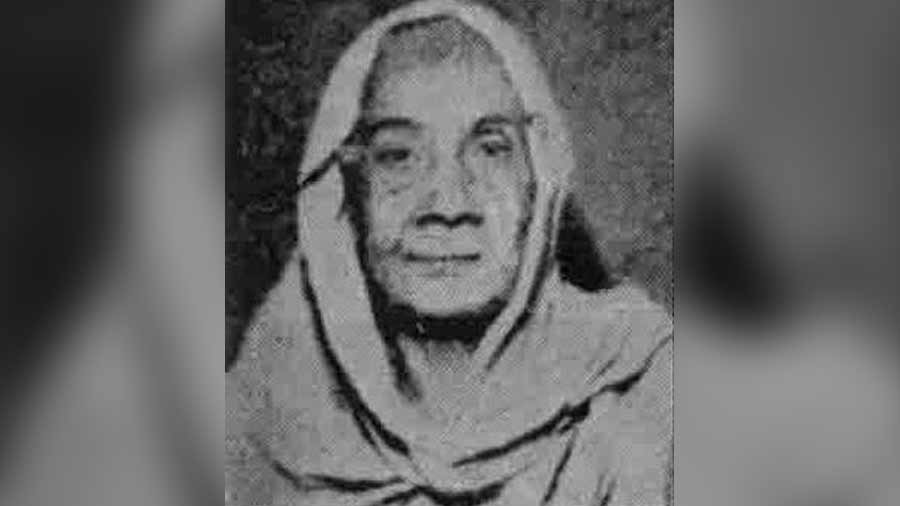
Nanibala Devi was Calcutta Jail’s first woman prisoner
Widowed at the age of 15, Nanibala Devi ran away from her home and took refuge in a Christian mission where she learnt English. Her induction into the freedom struggle happened when she met her nephew Amarendranath Chatterjee, who was one of the foremost members of the revolutionary group Jugantar.
She became an active participant in the struggle by helping plan attacks. To evade arrest, she fled to Peshawar but was caught by the British. In an attempt to discourage female freedom fighters, the British captured her and deported her to Calcutta, which made her Calcutta Jail’s first woman prisoner. They kept her isolated in a small cell, where she went on a 21-day fast. Unable to break her spirit, they released her and she continued to be a part of the freedom struggle.
Basanti Devi
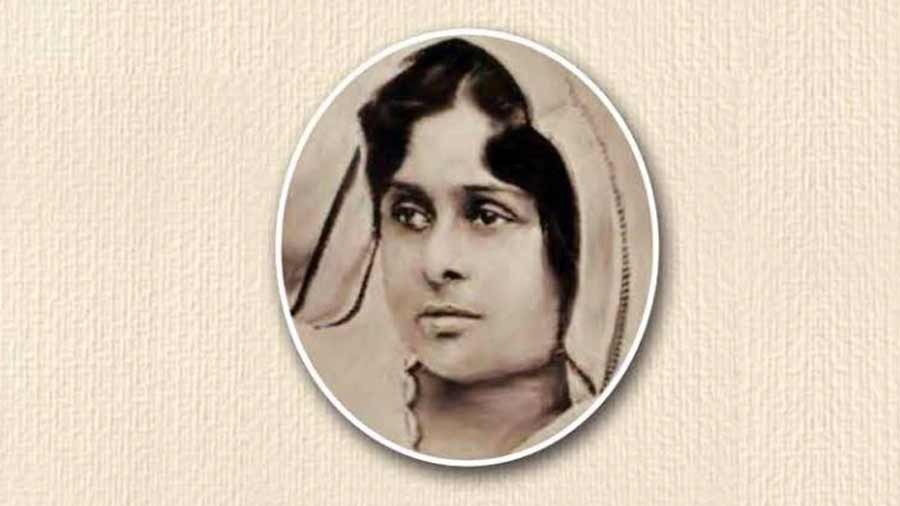
Basanti Devi was a revolutionary who encouraged agitation for freedom at the grassroot-level basantidevicollege.edu.in
In Kolkata, her name is familiar as one of the oldest colleges in the city is named after this firebrand. But what do we really remember about her? Editor of the weekly publication Banglar Katha, Basanti Devi was a revolutionary who encouraged agitation for freedom at the grassroot-level. She believed that the struggle did not belong to a few only, but to people across all sections of society.
Known for being outspoken and courageous, Basanti Devi travelled across the country rallying to involve “untouchables” or the Dalits to be active participants of the resistance movement. She is remembered for raising her voice against caste prejudices and never giving up ways to unite Indian society. She received the Padma Vibhushan award for her services.
